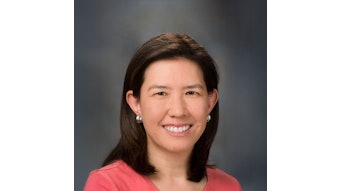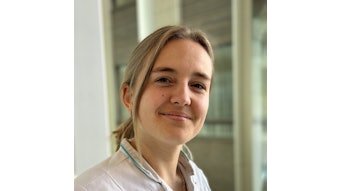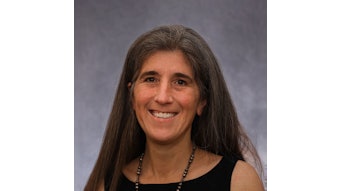Shaping the Next Generation of Leaders
The SGO LEAD 2.0 Summit, prior to the SGO 2025 Annual Meeting on Women’s Cancer, provided an opportunity for mentees to meet in person and expand their learning experience.

In 2019-2020, minorities represented a mere 9% of oncology trainees, which is lower than other medical specialties. One potential reason for this small percentage is minority students are often not exposed to the oncology fields during their medical training.
An SGO program aims to change that. The Leadership, Engagement, and Action in Diversity (LEAD) program, now in its second year, provides Underrepresented in Medicine (UriM) trainees sponsorship, resources, and a network to support their development as future gynecologic oncologists. Ahead of the SGO 2025 Annual Meeting, LEAD 2.0 participants met for the LEAD Summit featuring presentations, small groups, and panel discussions covering research development, mentorship, and more.
Taylor Paige Stewart, MD, was among the scholars and shared that Thursday’s programming gave her the opportunity to meet her peers and mentors in person.
“I cherish face-to-face time,” said Dr. Stewart, resident in obstetrics and gynecology at Brigham & Women’s Hospital | Massachusetts General Hospital. “I look forward to further building new relationships with those I may not have spent as much time with during earlier sessions — learn from their experiences and gain insights into their lives and careers.”
The SGO LEAD program is dedicated to improving and strengthening the opportunity of URiM trainees in preparation for a successful match to gynecologic oncology fellowship, with the express goal of diversifying the field.  Taylor Paige Stewart, MD
Taylor Paige Stewart, MD
“As I work toward applying to gynecologic oncology fellowship this upcoming cycle, I appreciate that the (LEAD) content is relatable and translatable across all levels of training. Specifically, I can better organize and optimize my plan for research during my chief year/first year of fellowship and help lead junior residents through research,” she said. “There have been many points of this program that I wish I would have had this training and insight sooner.”
According to Dr. Stewart, the LEAD program serves as a critical example of how diversity and inclusion can be actively promoted in medical training.
“In an era where the safeguarding of diversity across various sectors, particularly in medical education, is increasingly crucial, the LEAD program stands as a commendable model for others to emulate. By prioritizing diversity, the LEAD program not only addresses gaps in representation in training but also in diverse leadership,” she said. “As current societal climates may challenge the importance of such initiatives, the LEAD program offers a timely reminder of how purposeful, inclusive leadership can elevate excellent and intelligent individuals.”
Interested in learning more? Contact [email protected].











